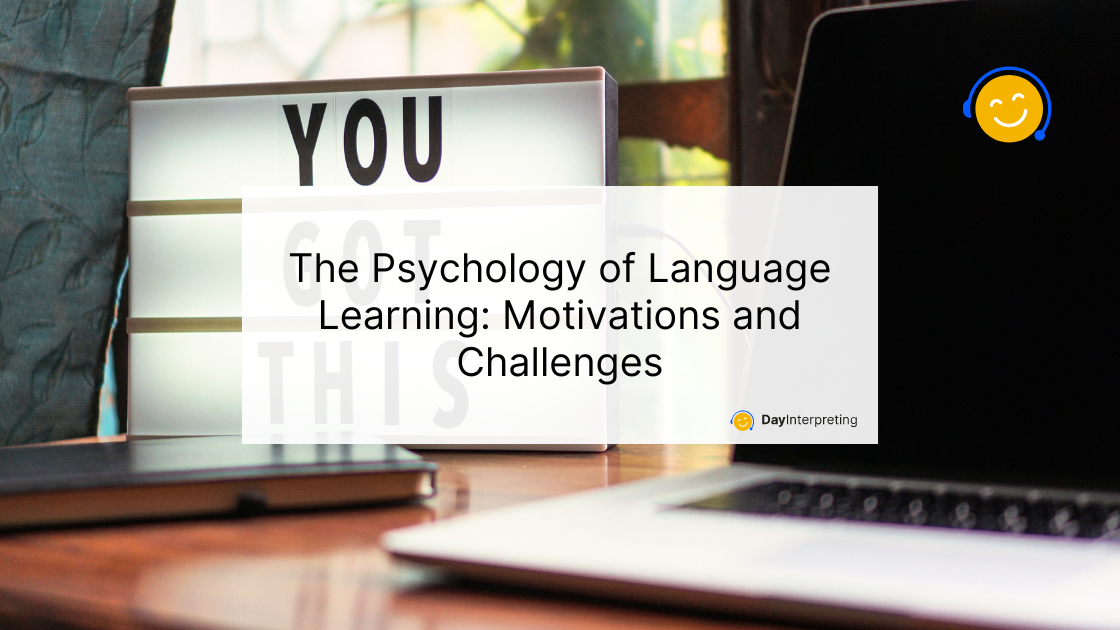Learning a new language can be like unlocking a secret world. It opens up new ways to talk to people, discover different cultures, and even make new friends. But have you ever wondered why some people pick up languages easily while others struggle? Let’s dive into the psychology of language learning, explore what motivates people, and uncover the challenges they face.
What Drives Us to Learn New Languages?
The Excitement of Exploration
Imagine being able to understand the lyrics of a foreign song, watch a movie without subtitles, or chat with someone from another country. For many people, the excitement of exploring new cultures and experiences is a powerful motivator. Just like how some explorers are driven by the thrill of discovering new lands, language learners are often excited by the idea of diving into new ways of thinking and communicating.
The Desire to Connect
Another big reason people learn new languages is to connect with others. Think about when you meet someone from a different country. Being able to speak their language can create a strong bond. For example, if you can greet someone in their native language or understand their jokes, it shows that you respect and value their culture. This desire to build relationships and communicate better with people is a huge motivator for many learners.
The Quest for Success
Sometimes, learning a new language is about achieving personal goals. This could be for academic purposes, like studying abroad, or for professional reasons, such as getting a better job. Learning a language can open doors to new opportunities and make you stand out in a competitive world. The idea of achieving something challenging and worthwhile can be a powerful driving force.
The Challenges in the Psychology of Language Learning
Overcoming the Fear of Making Mistakes
One of the biggest challenges in language learning is the fear of making mistakes. Imagine trying to speak in a new language and feeling nervous about whether you’ll say something wrong. This fear can make people hesitant to practice and can slow down their progress. But here’s the secret: making mistakes is actually a part of the learning process! Every mistake is a chance to learn and improve.
The Struggle with Pronunciation
Another challenge is getting the pronunciation right. Each language has its own set of sounds that might be different from what you’re used to. For example, the French “r” sound is quite different from the English “r” sound. Getting these sounds right takes practice and patience. It can be tricky, but with time and effort, you’ll get the hang of it!
The Need for Consistent Practice
Learning a language isn’t something that happens overnight. It requires regular practice and dedication. This can be tough, especially with busy schedules. Sometimes, you might feel like giving up because progress seems slow. But remember, every bit of practice helps, and over time, you’ll see improvement.
Tips for Overcoming Challenges in the Psychology of Language Learning
Embrace Your Mistakes
Instead of being afraid of making mistakes, embrace them as part of your journey. Each error is a stepping stone to becoming better. Try to see mistakes as opportunities to learn and grow. Celebrate your progress, no matter how small!
Practice Makes Perfect
To get better at pronunciation and other language skills, practice regularly. Set aside some time each day to work on your language. This could be through reading, speaking, listening, or writing. The more you practice, the more confident you’ll become.
Use Fun Tools and Resources
Make learning fun by using different tools and resources. Apps, games, and language exchange websites can make practice more engaging. You can also watch movies, listen to music, or read books in the language you’re learning. The more you immerse yourself in the language, the easier it will be to pick up.
The Joy of Mastering a New Language
Despite the challenges, the rewards of learning a new language are worth it. Imagine the sense of accomplishment when you can hold a conversation, understand a movie without subtitles, or travel to a country and feel at home with the language. The journey might be tough, but the joy of connecting with others and exploring new cultures makes it all worthwhile.
Learning a language isn’t just about memorizing vocabulary and grammar rules. It’s about understanding a new way of thinking and connecting with people in a deeper way. So, if you’re thinking about learning a new language, remember that it’s an adventure filled with exciting challenges and incredible rewards. Embrace the journey, enjoy the process, and celebrate each step along the way!





0 Comments